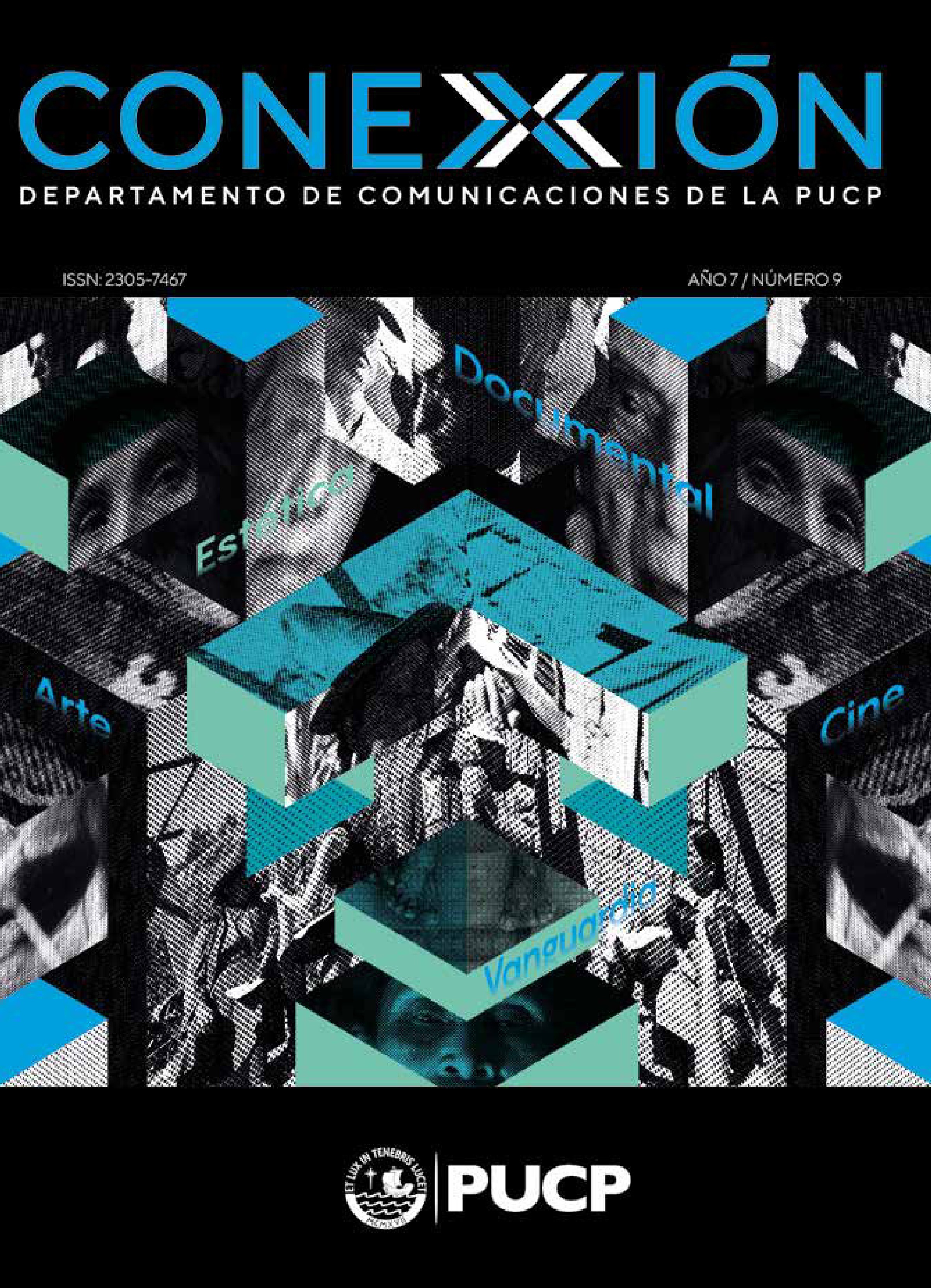Esterilizaciones forzadas, narrativa participativa y contramemoria digital en el Perú
DOI:
https://doi.org/10.18800/conexion.201801.004Palabras clave:
Métodos digitales, investigación participativa, esterilizaciones forzadas, memoria cultural, PerúResumen
Este artículo tiene por propósito impulsar la reflexión sobre cómo los métodos de investigación digitales pueden apoyar o menoscabar la investigación participativa. Construyendo desde nuestra experiencia de trabajo en el Proyecto Quipu (proyectoquipu.com), el artículo explora como las tecnologías digitales pueden facilitar la producción participativa de conocimiento a través de divisiones geográficas, sociales y lingüísticas. También considera las nuevas formas de compromiso que los métodos digitales pueden promover entre los productores de conocimiento y los públicos. Insistimos en que las tecnologías digitales pueden abrir nuevos espacios y nuevos modos de compromiso con la investigación participativa, incluso en contextos como los Andes peruanos donde las tecnologías digitales no están bien establecidas ni son muy usadas. Argumentamos que, hacer esto, implica responder con sensibilidad a las inequidades sociales, lingüísticas y digitales que moldean contextos de investigación específicos. También supone enfatizar en las relaciones humanas que se sacrifican fácilmente en el altar de la innovación tecnológica.
Descargas
Publicado
Cómo citar
Número
Sección
Licencia
Derechos de autor 2018 Conexión

Esta obra está bajo una licencia internacional Creative Commons Atribución 4.0.














